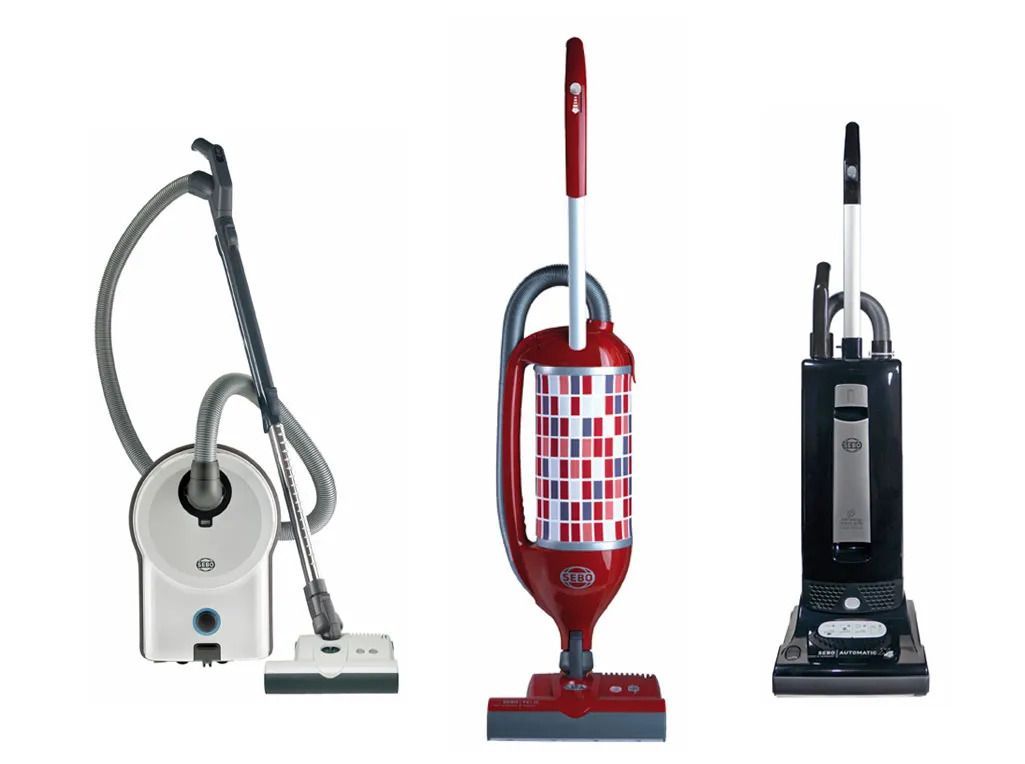How Long Do Vacuums Last?
Understanding Vacuum Lifespan: Expert Insights from Think Vacuums
Exploring Factors That Influence the Longevity of Vacuum Cleaners
 At Think Vacuums, we pride ourselves on decades of experience in servicing, repairing, and selling a wide range of household vacuums, commercial vacuums and central vacuum cleaners. A crucial aspect of purchasing and maintaining a vacuum is understanding its lifespan, which can significantly influence your investment decisions.
At Think Vacuums, we pride ourselves on decades of experience in servicing, repairing, and selling a wide range of household vacuums, commercial vacuums and central vacuum cleaners. A crucial aspect of purchasing and maintaining a vacuum is understanding its lifespan, which can significantly influence your investment decisions.
Here, we provide a comprehensive guide on the expected lifespan of various vacuum types, factors affecting their longevity, and tips to ensure they serve you well over the years.
Expected Lifespan of Different Vacuum Types
The lifespan of a vacuum cleaner can vary depending on its type and how it is used. On average, vacuums can last up to eight years, but this can vary widely:
- Upright Vacuums: Known for their power and efficiency, upright vacuums are a household staple. With proper maintenance, they typically last up to eight years or more. Their design allows for easy storage and use, making them a reliable choice for many households.
- Canister Vacuums: Offering flexibility and comparable power to uprights, canister vacuums are ideal for both carpets and hard floors. They generally have a similar lifespan to upright models, often exceeding eight years with good care.
- Stick Vacuums: Lightweight and versatile, stick vacuums are perfect for quick clean-ups and smaller homes. However, their portable nature and battery dependency often result in a shorter lifespan compared to other types.
Factors Influencing Vacuum Longevity
Several factors play a role in determining how long your vacuum will last. Understanding these elements can help you enhance its lifespan:
- Brand Reputation and Quality: Investing in well-known brands can often mean a more durable product. Brands like SEBO are renowned for their quality and longevity.
- SEBO: originally gained popularity amongst the top hotels, hospitals, universities and government offices worldwide. German engineered from the highest quality components, became the #1 choice for professional household vacuum cleaners. SEBO offers 10 year warranty.
- Proper Maintenance: Regular maintenance is key to extending your vacuum's life. Consider the following practices:
- Empty Dust Canisters or Bags Regularly: Prevent clogs and maintain suction efficiency by ensuring your vacuum’s dust canister or bag is emptied frequently.
- Clean and Replace Filters: Filters catch dust and allergens, so keeping them clean is vital for optimal performance and air quality.
- Maintain the Brush Roll: Regularly remove tangled hair and debris from the motorized brush to prevent strain on the motor.
- Usage Patterns: The frequency and intensity of use can impact a vacuum's lifespan. High-traffic areas and frequent use can accelerate wear, especially if the vacuum is not designed for heavy-duty cleaning.
- Avoid Liquid Cleanup: Most vacuums are not designed for wet cleaning. Using them on liquid spills can cause motor damage and void warranties.
Tips for Extending Vacuum Lifespan
At Think Vacuums, we recommend the following tips to maximize your vacuum's longevity:
- Invest in Quality: Choose reputable brands known for durability and performance.
- Regular Maintenance: Incorporate cleaning and maintenance into your routine to prevent major issues.
- Correct Usage: Use your vacuum appropriately, avoiding tasks it’s not designed for, such as picking up liquids.
All in All
Understanding the lifespan of your vacuum and how to maintain it is crucial for ensuring it remains a valuable tool in your cleaning arsenal. At Think Vacuums, we are here to guide you in making informed decisions about your vacuum care and replacement.
Our expert team is ready to assist you with any questions or services you may need. Contact us today to learn more about our range of high-quality vacuums and maintenance services that cater to your specific needs.




Log In
Create New Account